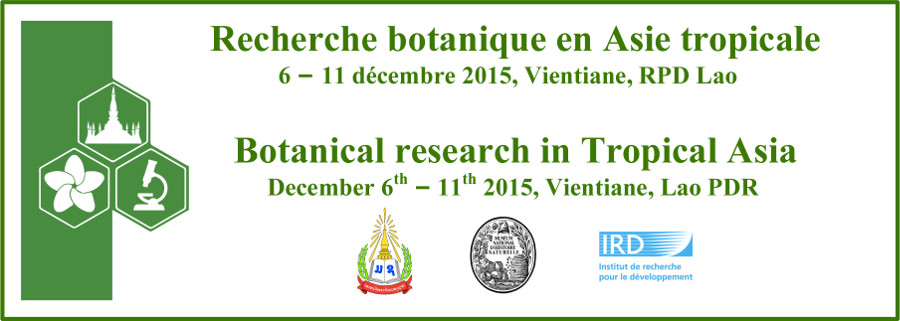The French National Herbarium at the Muséum National d'Histoire Naturelle (MNHN) in Paris, with 8 million specimens, is one of the most important collections in the world. After a deep renovation, new classifications system (APG) has been installed. With an integration of ca. one million specimens which have not yet integrated and a massive digitization of ca. 6 million specimens, this collection was definitely anchored in the 21st century between 2007 and 2012 and now the Herbarium well equipped with modern system is facing to new curatorial challenges.
Specimens are now housed in 14 new temperature- and hygrometry-controlled rooms. A renovated library and an exhibition dedicated to the Herbarium and the botany complete this unique project inaugurated in December 2013. Specimens are now publicly accessible online, and are physically consulted by over 200 French and international researchers annually. This improvement should allow better coordination of research efforts through networking and data basing, and accelerate the rate of species discovery.
Following the renovation and for improving data base process, workshops were opened to participative science on the MNHN Web site and many “herbonautes” added a big amount of information to the data base. Effectively, there is already a wealth of biodiversity data associated to specimens (e.g. geographic coordinates, dates of collection, life-history trait), which will undoubtedly provide new opportunities to tackle major questions in systematics, ecology and conservation (D. Purves et al. 2013, Nature 493: 295-297).
This poster will present the renovation process and new tools developed in order to support some of those challenges. The present experience is extended to other collections at the national level, as the Recolnat project which will, eventually, build a network between parts of French herbaria. This virtual herbarium allows new types of collaborations such as the Reflora project involving Brazilian, English and French institutions.
- Poster

 PDF version
PDF version

